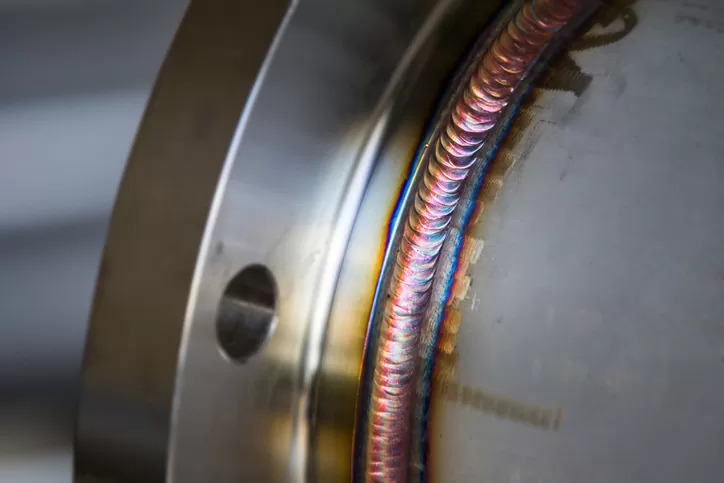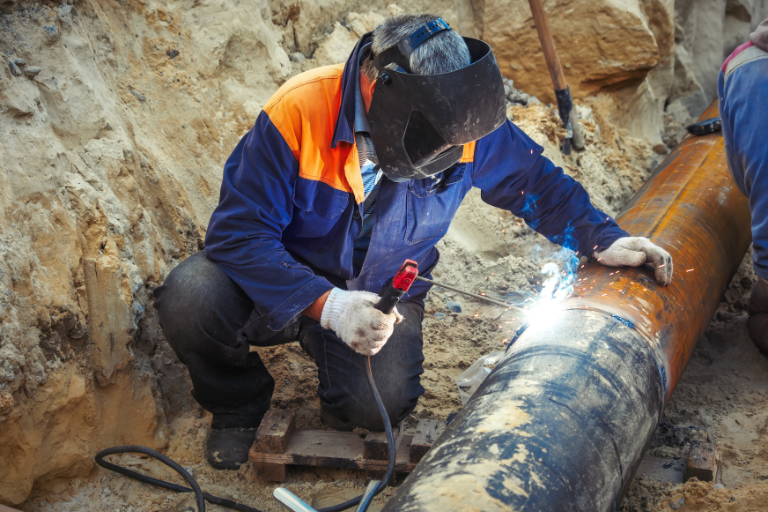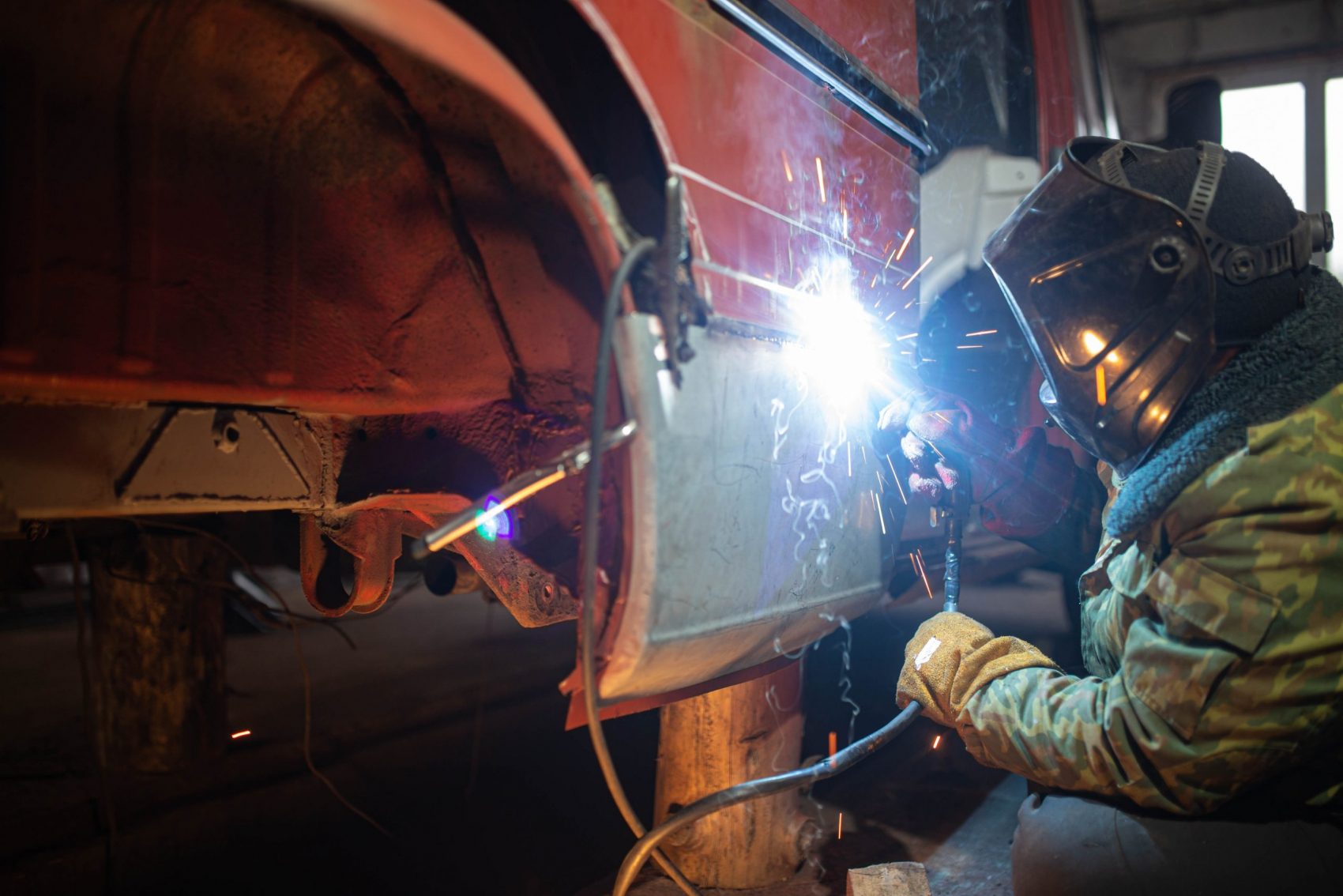Introduction: The Importance of Safety in Welding
Welding is an essential trade with applications ranging from automotive manufacturing to construction and industrial fabrication. However, it comes with its fair share of risks. One of the most critical aspects of welding safety is understanding the protective gear necessary for a welder’s job, especially gloves. So, are your gloves fireproof? This article will not only address that question but also provide you with a comprehensive checklist to ensure you're equipped for safe welding practices.
Are My Gloves Fireproof? A Welder's Safety Checklist
As many seasoned welders would agree, the right gloves can make or break your safety on the job. In this section, we’ll explore various types of welding gloves and their properties.

Understanding Fireproof vs. Heat Resistant
To answer the question "Are my gloves fireproof?" we need to clarify what 'fireproof' means in the context of welding gear. Fireproof materials don’t catch fire easily and can resist high temperatures, while heat-resistant gloves are designed to withstand heat but may not be entirely fireproof.
Types of Welding Gloves
Leather Gloves
Leather is one of the most common materials for welding gloves due to its durability and heat resistance.
Aluminized Gloves
These gloves reflect radiant heat and are ideal for high-temperature environments.
Kevlar Gloves

Key Features to Look For
- Thickness: Thicker materials often provide better protection. Lining: A good lining can enhance comfort while providing insulation. Cuff Length: Longer cuffs offer additional protection against sparks and heat.
How Welding Works: Understanding the Basics
Before diving deeper into safety measures, it's vital to understand how welding works. Essentially, welding is a process that involves joining materials—commonly metals—through melting and fusion.
Types of Welding Processes
MIG (Metal Inert Gas) TIG (Tungsten Inert Gas) Stick WeldingEach method has unique characteristics that influence the choice of protective gear.
Why Are Welding Gloves Crucial?
Welding gloves protect your hands from various hazards:
- Burns from hot metal Cuts from sharp edges Electrical shocks
Are Welding Gloves Heat Resistant?
Yes! Most quality welding gloves are designed specifically to resist high temperatures, making them crucial for any welder's kit.
The Role of Welding Helmets in Safety
While we’re focused on gloves here, it’s important not to overlook other safety gear like helmets.
Are Welding Helmets Solar Powered?
Many modern helmets have solar-powered features that allow them to charge battery-operated auto-darkening lenses when exposed to sunlight.
Understanding Welding Fumes: Are They Toxic?
One area often forgotten in conversations about safety is fume exposure during welding operations.
Are Welding Fumes Toxic?
Yes, welding fumes can be toxic if inhaled over extended periods without proper ventilation or respiratory protection.
Welding Blankets: Another Essential Gear
Welding blankets serve as protective barriers against sparks and flames.
Are Welding Blankets Fireproof?
Most quality welding blankets are indeed fire-resistant but check certifications before use.
Are Welding Blankets Waterproof?
A lot depends on the material; however, many welding blankets are designed primarily for flame resistance rather than waterproofing capabilities.
Safety Measures Beyond Gloves: A Comprehensive Guide
While we’ve concentrated on gloves thus far, a complete safety checklist includes various other items that should never be overlooked.
1. Protective Clothing
Choose flame-resistant clothing made from materials like Nomex or cotton blends treated with flame retardants.
2. Eye Protection
Welding goggles or helmets should meet ANSI standards for impact resistance and UV protection.
3. Respirators
If you’re working in a poorly ventilated area, a good respirator can help guard against toxic fumes produced during welding operations.
Frequently Asked Questions (FAQs)
Are my gloves adequate for TIG welding?

What type of glove is best for MIG welding?
Leather or cowhide gloves are generally recommended due to their durability.
Do I need special certification for certain types of welding jobs?
Yes! Different jobs may require specific certifications based on industry standards.
How do I know if my helmet provides adequate UV protection?
Check for compliance with ANSI Z87 standards regarding eye and face protection.
What should I do if I feel dizzy while welding?
Immediately stop working, seek fresh air, and evaluate potential fume exposure.
Can I use regular work gloves instead of specialized ones?
Regular work gloves may not provide sufficient heat resistance or protection against sparks; always opt for specialized gear when performing welds.
Conclusion
In conclusion, ensuring your safety while working as a welder hinges significantly on choosing appropriate gear such as fire-resistant gloves along with other protective equipment like helmets and clothing tailored specifically for this demanding job environment. Always prioritize quality over cost when purchasing your equipment because poor choices could lead to severe injuries down the line—making it clear that being proactive about safety pays off immensely!
Through this extensive “Are My Gloves Fireproof?” A Welder’s Safety Checklist, we hope you feel empowered and informed about essential measures you need to take as part of your daily routine Xpress Mobile Welding Phoenix in this vital field! Remember: Safety first leads to longevity—and excellence—in your craft!